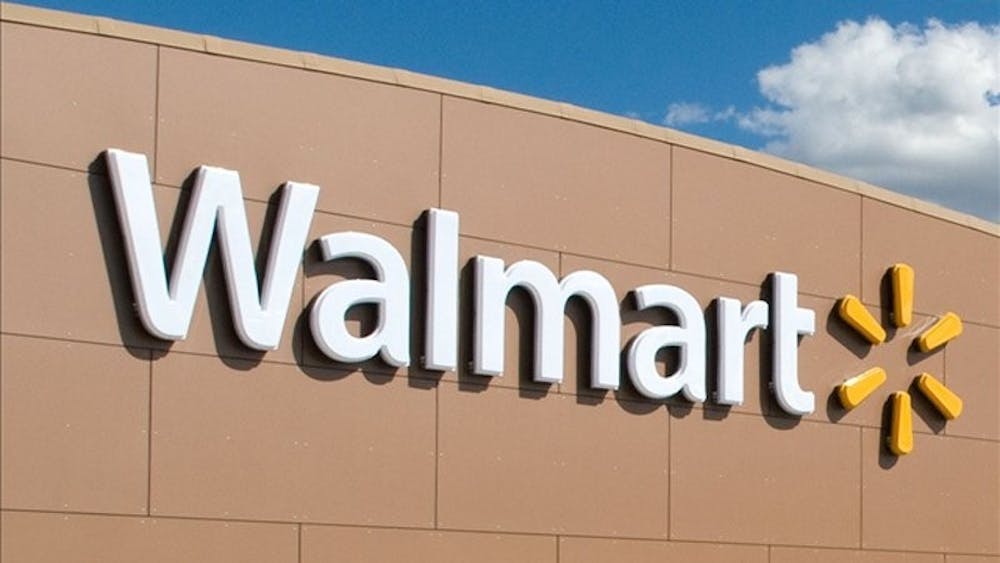The United States is changing day after day. The country we grew accustomed to 10 years ago has changed drastically. Although still recognizable, progress has changed the face of towns we were once so familiar with.
One of the main proponents of this relentless mechanical march toward progress is the immense expansion of big business. Walmart and Amazon have pushed small family-owned shops to the endangered list.
My eyes were first opened to what big businesses can do to a town when I went on a class trip to Dana, Indiana. I had heard that it became a bit of ghost town, but seeing it in person showed me the term “ghost town” didn’t do its eerie vacancy any justice.
Dana was once an up-and-coming town in the '70s. Local shops filled downtown. Buildings and sidewalks were livened by frequent foot traffic.
Numerous occurrences brought Dana crumbling down from its peak. A huge factor was the settling of a Walmart in a neighboring town just 20 minutes away. Naturally, people abandoned their beloved local shops for a more commercial, effortless experience. All that remained is the shell of Dana I saw that day.
Dana suffered from a considerable population decline after the '70s. The already tiny town's population dropped by as many as 112 residents between 1970 and 2010. All that remains are vacant buildings and abandoned homes. Truly, it's terrifying because this could happen to any small town.
We’re all to blame. We have exchanged our ingrained value of community for ease and accessibility.
It’s easy to see why. Many of us would prefer to have things shipped to them rather than going through the trouble of driving across town to shop at a brick-and-mortar store.
One day, drones could block out the sun as the sound of their rotating propellers drown out the sounds of birds chirping. This is an extreme image, but it certainly seems we’re heading straight for it.
Shopping is becoming more and more impersonal. These stores are now competing to see who can get customers in and out of their stores in the shortest amount of time.
Even Walmart is developing a package delivery system that does the physical shopping for you. You fill your cart online and pick up your personalized package of items at the front of the store. You can walk in, grab your package and leave in an impressively short amount of time.
If this alteration catches on and proves profitable for Walmart, it’ll become less of a superstore and more like a warehouse. Imagine the aisles you once roamed barred by “Employees Only” signs.
Progressing toward better ways of life is great, but we must take time to catch our breath. We need to understand exactly who this progression may be hurting.
These small businesses are diminishing at a rapid rate. Between the years 1997 and 2012, the number of small local retailers in the United States dropped by a staggering 108,000.
We should be mindful to not see this merely as a number. Behind each figure that contributes to the massive loss of 108,000 businesses, there's an individual or family that is now left without a stable income.
It’s a sad sight. So while these shops teeter on the edge of existence, we ought to do what we can to support them.
There’d be a mutual benefit. Shopkeepers will maintain their stores with the increased revenue, and we will restore the genuine experience of shopping.
It’s a much more enriching experience. I’d much rather speak to and converse with an actual human being than just click an “Add to cart” button.






